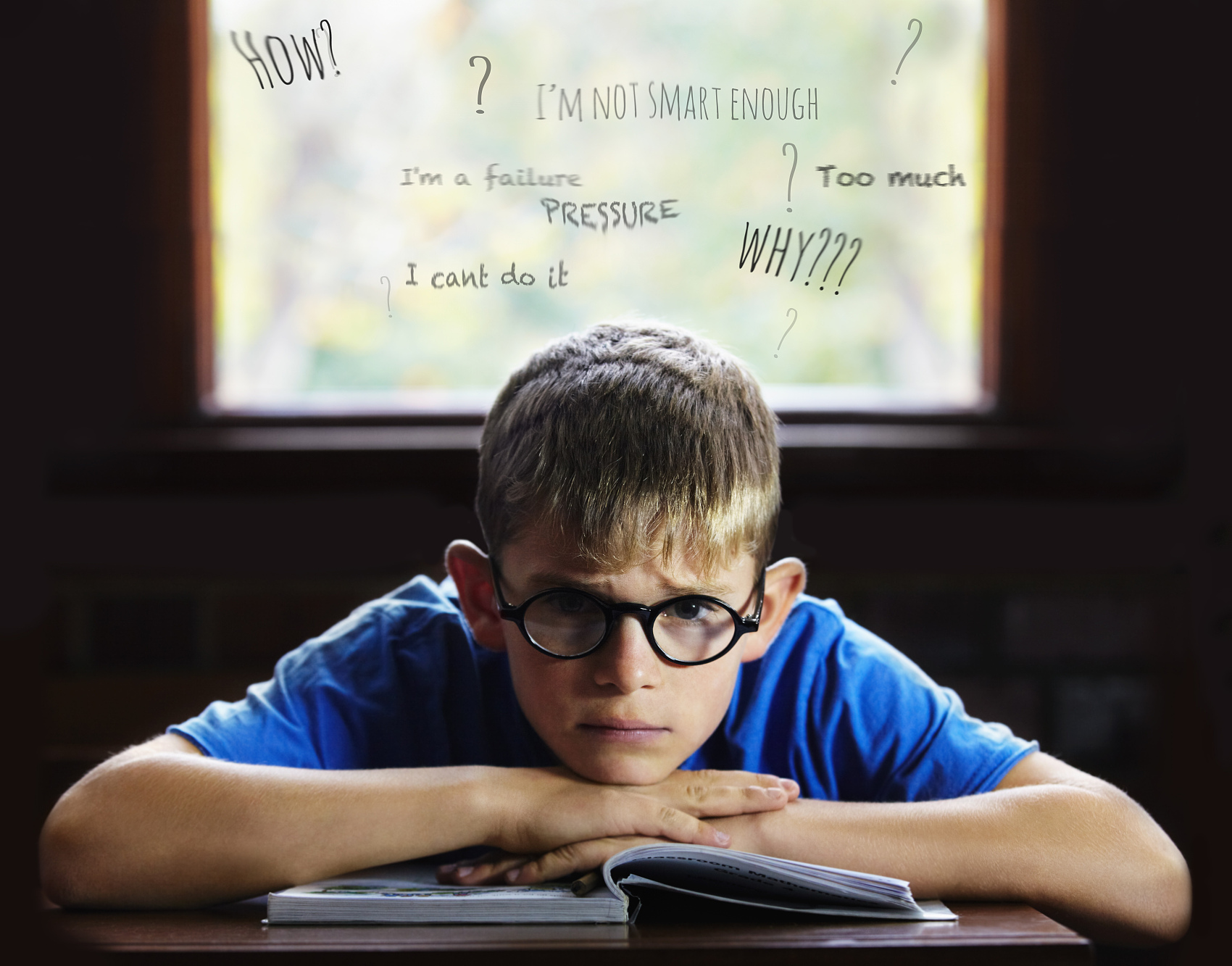Talking to your child about their mental health can be a sensitive topic, especially if they have a learning disability. It’s important to understand how such disabilities can impact their mental well-being. Here’s a closer look at the potential effects and some tips on how to support your child’s mental health.
1. Frustration Over Feeling Different
Kids naturally want to fit in with their peers. Those with learning disabilities might feel frustrated that they can’t keep up with the same lessons or activities. This sense of being different can lead to feelings of isolation and anxiety—studies show that 21% of kids with learning disabilities also suffer from anxiety disorders. Support from parents and therapy can help mitigate these feelings by promoting acceptance and understanding among peers.
2. Risk of Being Bullied
Children who appear different can become targets for bullying, which may stem from their peers’ fear of the unknown or their own issues at home. Unfortunately, being bullied significantly increases a child’s risk of developing depression. It’s important to monitor any changes in your child’s behavior that may indicate they are being bullied and to intervene appropriately.

3. Limited Social Play Opportunities
The early years are critical for development through play. Kids with learning disabilities might miss out on important playtime experiences, from unstructured to cooperative play, which are crucial for developing social skills. Missing these opportunities can affect their ability to interact with peers and may lead to social withdrawal and depression.
4. Sleep Disruptions
Adequate sleep is essential for cognitive function, especially for learning and memory. Children with learning disabilities may experience disturbed sleep patterns, which can exacerbate stress and lead to problems like insomnia.
5. Increased Anger and Frustration
Children often express unmet needs through anger. For those with learning disabilities, frequent frustration at school or with social interactions can lead to increased anger, which may be a sign of deeper issues like ADHD.
6. Social Withdrawal
Experiencing bullying or feeling different can make socializing painful rather than enjoyable, leading some kids to avoid social interactions. This isolation can increase stress hormones like cortisol, potentially causing anxiety and depression that could persist into adulthood.
7. Feelings of Hopelessness
Children absorb the idea of problem-solving from stories where characters overcome challenges with simple solutions. However, learning disabilities don’t have quick fixes, which can lead to feelings of hopelessness about the future, such as doubts about attending college or pursuing a desired career. Therapy can help children understand and accept their learning disabilities without viewing them as personal failings.

8. Unhealthy Eating Habits
The stress and frustration of feeling different can also affect eating habits, leading to disorders like overeating or insufficient eating. A significant number of children with learning disabilities also struggle with eating disorders. Early intervention and specialized treatment are critical for helping these children develop healthier eating patterns.
Supporting Your Child’s Mental Health
Loving your child means more than just providing for them physically; it involves supporting their mental and emotional needs, especially when they face the additional challenges of a learning disability. Keep an eye out for any signs of mental health struggles and engage in open, supportive conversations about their feelings and experiences. Early and proactive support can make a significant difference in helping your child lead a happier, more fulfilling childhood.








